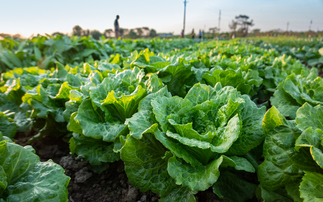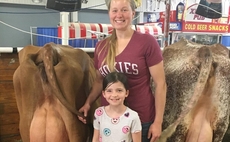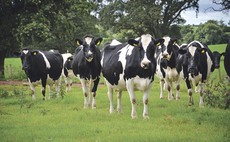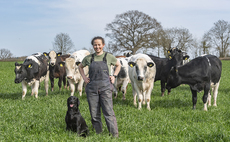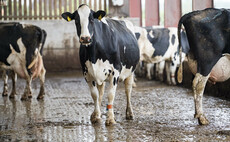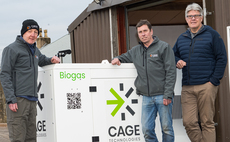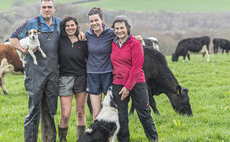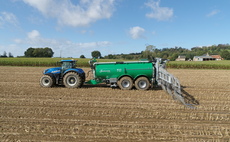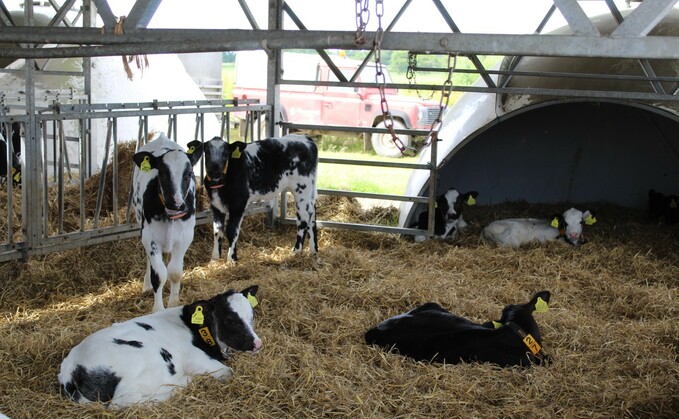
Myerscough College has occupied Lodge Farm, as a tenant of the Duchy of Lancaster, since 1965. The original homestead was an integral part of the farming business, providing the milking parlour and calf sheds until 1996 when a steel framed dairy unit was constructed providing accommodation and a parlour under one roof.
The Robotic Dairy Unit: A New Level of Efficiency
In November 2022, building work started to automate milking operations. In May 2023, the parlour was switched off and milking in the robots commenced. The shed was transformed into the Robotic Dairy Unit, occupied by three Lely A5 Astronauts, two slurry collectors, and a Juno silage pusher.
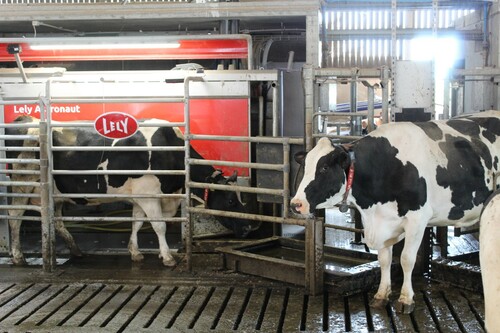
The Robotic Cow Index: Choosing the Right Genetics
Currently, the dairy herd consists of 185 Holstein Friesian cows, averaging 38 litres per day. With a focus on genetics to breed cows suited to robotic milking, the Dairy Lead, Michael Dewhurst, is aiming to increase daily milk output across the robots. To achieve this, a plan is in place to even out the calving pattern and utilize genomic testing to ensure the best heifers are coming into the herd. The right genetics mean cows are naturally suited for robotic milking, and the focus is now on Robotic Cow Indexes such as milking speed, box time, teat placement, and length.
Free time is a key indicator to monitor efficiency and should be around 10%. Last year, it was as low as 3%, which allows little time for servicing and repairs. Michael Dewhurst stated, "We need to improve efficiencies across the three robots before we look at extra investment in a fourth robot."
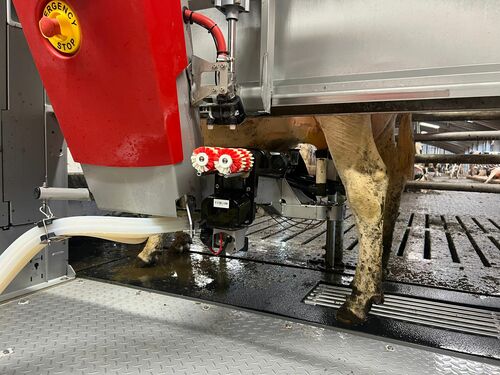
Temperature and Humidity Index: Investing in Renewable Energy
Inevitable increases in global temperatures have led to hotter sheds. Heat stress in the cows has been identified by the Temperature and Humidity Index and increased respiration rates, measured in the shed monthly. "Climate adaptation is something that we have to respond to," says Andrea Gardner, Farms Director. "Hanging belt-driven fans in the Robotic Unit will help to support a better environment for the milking cows. Recent installation of 80KW of solar panels will offset the running costs of the fans and the 16:8 lighting system."
Interested in finding out more?
For more information on the projects being undertaken by Myerscough College, please click the link below.
This post is funded by Myerscough College.






